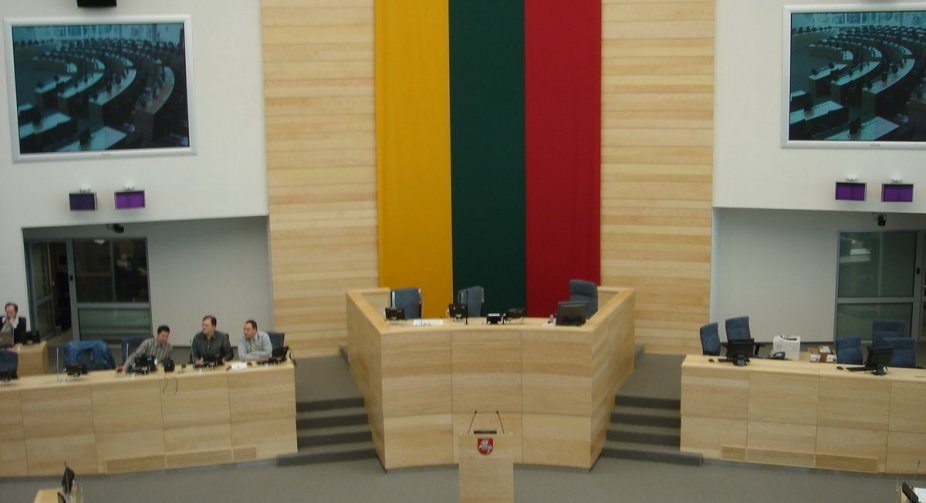In connection with Russia's military aggression in Ukraine, the Ministry of Internal Affairs of Lithuania proposes to extend the state of emergency in the country until mid-December.
This is reported by the Delfi portal.
As reported by the ministry, the government is proposed to extend the state of emergency on the entire border of Lithuania with Russia and Belarus until 24 hours on December 16.
The government will consider this proposal on Wednesday, the final decision on this issue should be made by the Seimas. According to the current resolution of the Seimas, the state of emergency expires on September 16.
According to the Minister of Internal Affairs, Agne Bilotaite, after Russia launched military aggression against Ukraine and its people, threats to the peace and security of Lithuanian society persist.
"The dangerous and unstable geopolitical situation creates conditions for Russian and Belarusian authorities to carry out hybrid attacks and all kinds of provocations against Lithuania. In response to this, we must take the necessary security measures to counter potential threats," Bilotaite said.
According to her, recently the Belarusian regime increasingly started using migrants as a form of hybrid aggression against Lithuania - this year almost 6 thousand illegal migrants were not allowed into the country. According to representatives of the Lithuanian authorities, Belarusian officials are damaging the fence installed on the Lithuanian-Belarusian border, organizing the transport of illegal migrants to the state border and directing them to the territory of Lithuania.
During the state of emergency, some of the measures already taken will be continued: the protection of the state border and border control are carried out in an intensified mode. As before, a stricter visa regime will apply - the issuance of visas to citizens of Russia and Belarus is suspended at the visa services of the Republic of Lithuania abroad, except in cases of mediation by the Ministry of Foreign Affairs.
"There is still no end in sight to the war in Ukraine, unleashed by the Russian Federation - crimes against humanity, war crimes, international law are being violated. The scale of Russia's military aggression has not decreased since its beginning, and it is carried out in many areas throughout the territory of Ukraine , and the Russian Federation maintains an open rhetoric of threats against the states that support Ukraine, belittling their independence and territorial integrity, history," the Lithuanian Ministry of Internal Affairs said in a statement.
A state of emergency was imposed on the entire territory of Lithuania on February 24, after Russia launched a war against Ukraine, and was in effect until June 29 inclusive. Then it was extended until September 15 inclusive. In Lithuania, the ban on rebroadcasting of Russian and Belarusian television programs, the organization of rallies in support of Russia's war against Ukraine, and other restrictions will continue.






